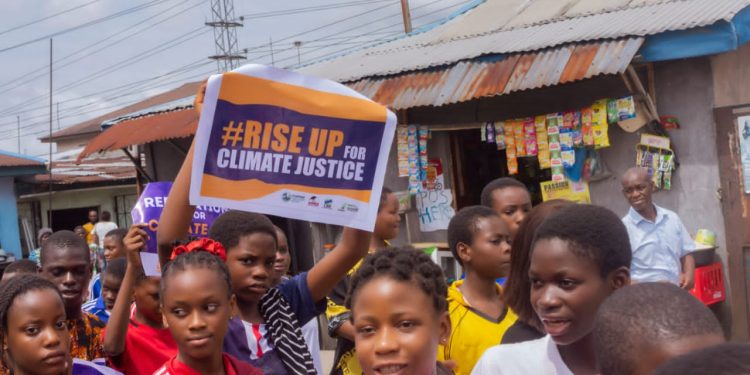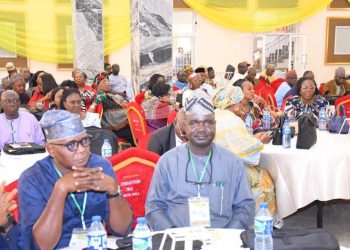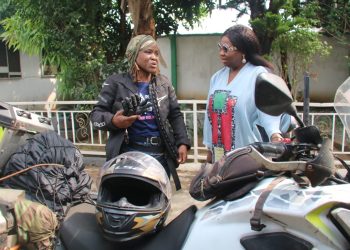By Tina Chinyere – Portharcourt
Communities affected by coal extraction in Enugu State have raised strong concerns over the devastating health, environmental, and socio-economic impacts of ongoing coal operations in their areas.
Speaking during a capacity-building and community-strengthening workshop organized by the Rights Advocacy and Development Centre (RADEC), residents demanded an immediate end to harmful coal activities, protection of their rights, and a transition toward clean and community-led energy solutions.
Participants at the workshop lamented worsening air and water pollution, loss of farmlands, increased respiratory illnesses, and displacement of families due to mining activities. Women and youth also expressed fears over rising insecurity, shrinking civic space, and threats faced by environmental defenders who speak out against extractive industries.
The Community Development Chairman, Chief Rufus Osakwe, speaking on behalf of the affected residents, decried the suffering caused by coal mining in the region.
“Coal has brought nothing but hardship to our people. We have polluted streams, sick children, and farmlands that no longer produce. We want justice and a future that protects life, not one that sacrifices us for profit,” Chief Osakwe said.
According to RADEC, the workshop was designed to strengthen community capacity on environmental rights, advocacy tools, legal remedies, and community-based monitoring, enabling residents to defend their land, health, and environment more effectively.
At the end of the engagement, the communities and RADEC issued key demands and recommendations to the government and relevant agencies:
Immediate halt to harmful coal extraction and expansion until community rights, free prior and informed consent (FPIC), gender inclusion, and environmental standards are guaranteed.
Full remediation and restoration of polluted lands and water sources, with compensation to affected households and farmers. Protection of environmental defenders and assurance of civic freedoms without intimidation or harassment.
Transparent environmental and social impact assessments (ESIA) with genuine community participation. Investment in clean, renewable, and community-driven energy alternatives, reducing dependence on fossil fuels.
Access to healthcare services for pollution-related illnesses and regular monitoring of air and water quality. Livelihood support for women and youth through sustainable agriculture, skills development, and climate-resilient economic alternatives.
RADEC’s Program Manager, Ejit Josiah, reaffirmed the organization’s commitment to standing in solidarity with frontline communities and advocating for a just transition from fossil fuels.
“Coal is not development; it is a death sentence for frontline communities and our climate. The government must listen to the people and invest in solutions that promote life, dignity, and sustainability,” Josiah said.
Josiah noted that RADEC will continue to build local resilience, promote environmental justice, and push for a fair energy transition across coal-impacted regions in Nigeria.
















